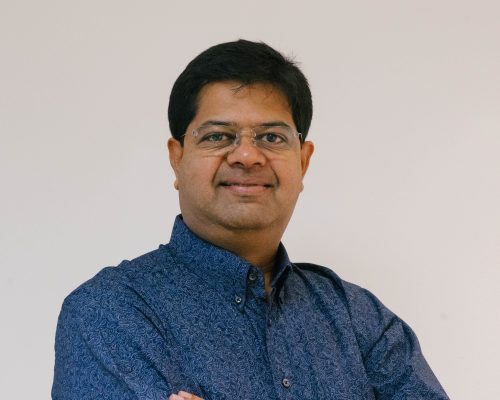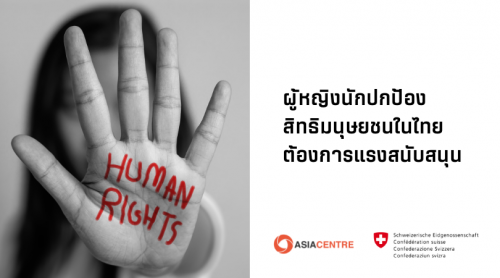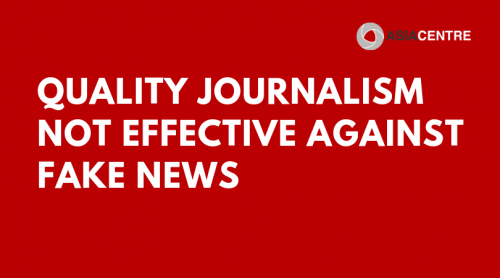ASEAN’s framework to minimize the harmful effects of fake news has a serious omission if we look at the issue of disinformation holistically. What is glaringly absent in the joint declaration signed on 10 May 2018 by ASEAN Ministers Responsible for Information is the neglect to mention the harmful effects of partisan propaganda of the member States.
But why would the declaration do so? After all, governments in the region, even before the days of the internet, have historically been the purveyors of “fake news”, which includes partisan propaganda. They are the ones rolling out one-sided agenda-setting and socialization programmes via state owned media fenced in by a highly regulated media environment.
The ability for ASEAN governments to monopolistically peddle this one-sided propaganda changed with the arrival of the internet into the region in 1995. It spawned web-based chat rooms or forums, mailing lists, alternative news sites and online advocacy groups that collectively challenged partisan state propaganda and delivered alternative economic, political and social narratives.
As the internet penetration and bandwidth increased exponentially, users shifted gradually from desktops to mobile devices. At the same time websites gave way to social media platforms such as Facebook and Twitter with WhatsApp and LINE additionally becoming popular in selected ASEAN countries.
In order to rein in the proliferation of diverse views on the internet, ASEAN governments have over the last two decades tried to legislate against each evolutionary phase of the internet, set up cyber crime units, contracted public relations firms, taken to internet platforms themselves and marshalled their political supporters to counter alternative online information. This latest offensive is ASEAN’s efforts to rein in “fake news” over social media.
The thrust of ASEAN member states’ position, as expressed in the declaration, is that content providers over social media are not subject to “traditional regulation or journalistic standards”. ASEAN also expressed concern over misinformation transmitted via social media that can “undermine confidence in political institutions” and “erode social harmony of a country”.
To this end, the member states have agreed to share policy experiences related to social media, promote media literacy and public awareness and adopt laws and regulations for their national situation to minimise the harmful effect of fake news. The proposed framework also plans to use civil society groups to run digital literacy campaigns and mobilise citizens to proactively report fake news so governments can clarify their positions.
While the argument for social harmony can be easily won, the issue primarily rests around criticism of “political institutions”.
Presently, ASEAN’s citizenry are frustrated by the bias, corruption, cronyism, elitism, lack of independence, restricted or absent competition, and nepotism in their political institutions and they are raising these concerns over social media.
They are also concerned about government attempts to solidify and construct the truth via draconian regulations, repressive laws, state-influenced mainstream media, state-sponsored online political advertisements, state-aligned opinion writers, rebutters and media influencers, internet informers and anonymous trolls that suffocate freedom of expression. This explains why ASEAN audiences are turning to social media to access and share alternative sources of information.
The ASEAN joint declaration on fake news is an attempt to determine what is true and what can be widely disseminated. However, that duty belongs to all the citizens, no matter how much governments try to scuttle citizens’ search for truth.
 Dr. James Gomez is Chair, Board of Directors of the Asia Centre. He is also the convenor of Asia Centre’s upcoming international conference on Fake News and Elections in Asia, 10-12 July, Bangkok, Thailand. For more information about the conference email: contact@asiacentre.org
Dr. James Gomez is Chair, Board of Directors of the Asia Centre. He is also the convenor of Asia Centre’s upcoming international conference on Fake News and Elections in Asia, 10-12 July, Bangkok, Thailand. For more information about the conference email: contact@asiacentre.org



